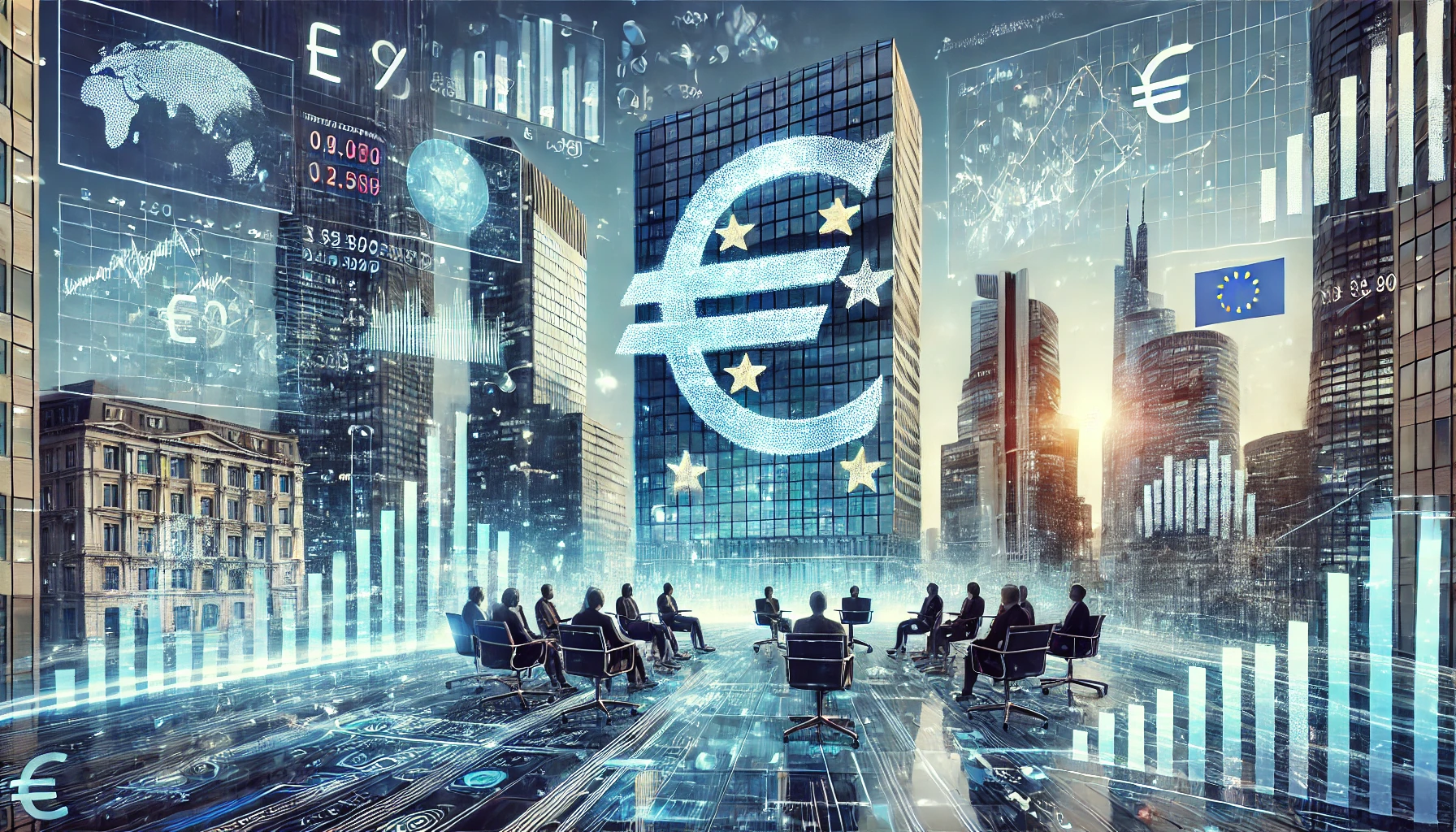Germany’s Economic Crossroad: The Debt Brake Debate
As Germany heads into elections, investors signal a need for increased spending to boost the country's stagnant economy. Despite being the only G7 nation with low debt, Germany faces challenges in relaxing its debt brake policy. Political uncertainty and investor skepticism influence this critical economic debate.

Germany stands at an economic crossroad as it approaches national elections. Investors and financial markets underscore the need for increased government spending to jumpstart a faltering economy that has flatlined since 2019. Germany remains the sole G7 country with a debt well below 100% of its output, prompting calls for relaxing stringent fiscal policies.
The stringent 'debt brake' rule, which limits new government borrowing, faces scrutiny amid concerns that U.S. tariffs could further strain Germany's economic outlook. Calls for Germany to increase defense expenditures and loosen spending constraints grow, yet political and investor skepticism persist amid expectations for only minor policy adjustments.
Despite the muted expectations, there is much at stake. Germany's stagnant growth impacts European markets broadly, with the euro facing significant depreciation. As investors await decisive policy changes, economic experts argue that substantial spending increases are crucial to addressing Germany's competitiveness and positioning it more favorably on the global stage.
(With inputs from agencies.)








